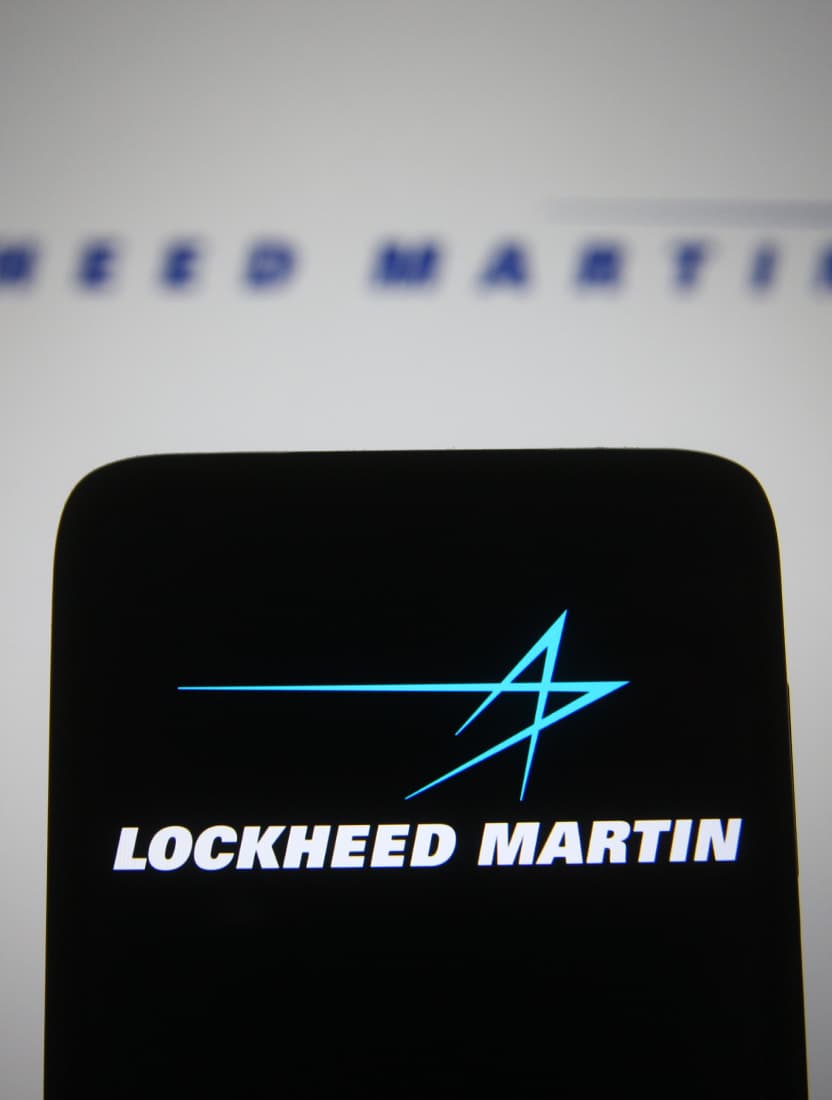Lockheed Martin
Crafting a story to re-establish a leader
Challenge
Lockheed Martin (LM) dominated the GPS field from 1989-2009 as the prime contractor for the GPS IIR and IIR-M programs. After deploying 20 satellites. LM lost the next-generation GPS IIF contract to Boeing in 1996. Unfortunately, before Boeing's 12 GPS satellites were deployed from 2010-2016, new satellite jamming capabilities emerged that could potentially disrupt GPS signals. This new capability posed a serious threat to the US military, which relies on GPS for the accurate positioning and time data required to synchronize operations and provide pinpoint targeting and tracking information. The GPS III program was initiated to preserve these benefits by innovating anti-jamming and enhanced precision capabilities while increasing GPS power and satellite survivability.
No longer in a leadership position in GPS technology, LM approached the competition for the GPS III contract as a challenger. This drove the company to establish a new kind of business unit (for LM). Instead of the traditional. stand-alone engineering organization that could pitch the contract, conduct R&D, and design and manufacture the new satellites, the new Navigation Systems (LMNS) business unit was established as a service organization that would acquire and coordinate the best resources available owned by other LM units and outside partners. This was not business as usual for LM and thus required the understanding and buy-in of internal and external stakeholders to succeed.
Solution
We were brought in to articulate the LMNS story to clarify and rationalize this new organization's business strategy and approach. We centered the story on the idea of LMNS being focused on the future to deliver unimagined performance and positioned the unit's structure as an innovation designed to continue LM's heritage of "pushing the envelope." The story also showed how LMNS was the only organization capable of combining best-in-class capabilities with unmatched experience to redefine what is possible from GPS technology. Because of this, LMNS would meet the GPS III program requirements and innovate capabilities on an ongoing basis to meet the rapidly changing needs of the US military, global industry, and consumers. We then wrote the LMNS capabilities brochure and conducted management workshops to socialize the story internally, discuss how to operationalize the LMNS strategy and provide the tools to effectively pitch the GPS III contract.
Let's Talk
Something isn't working and you're not sure why? Send us an email, give us a call or fill out our contact form.
